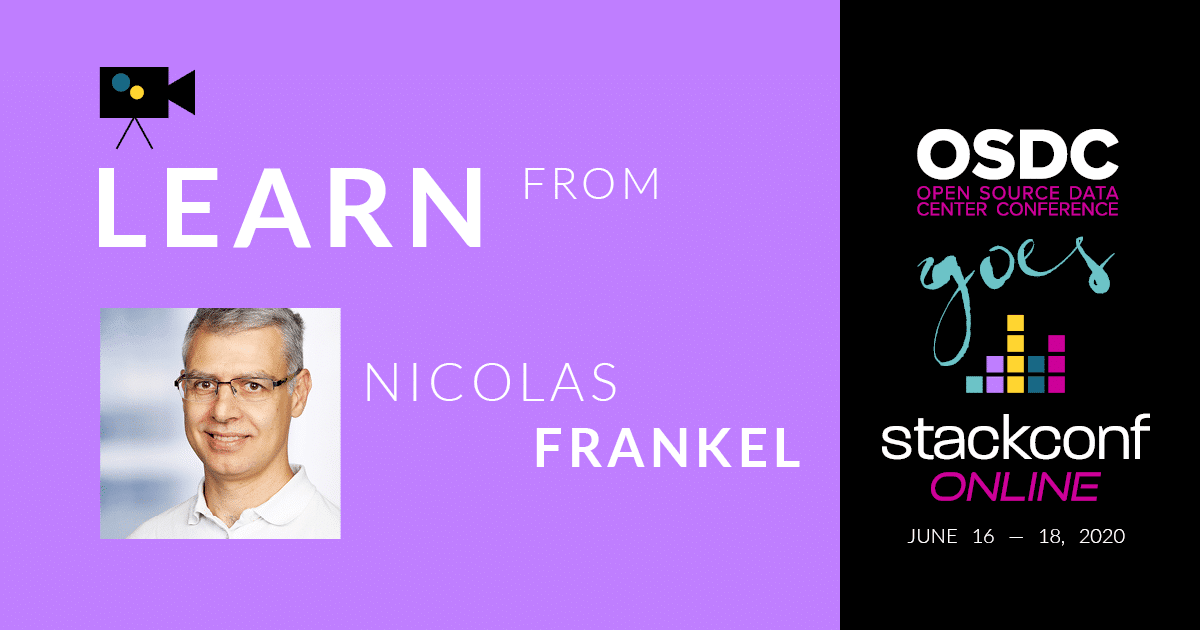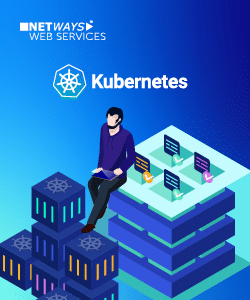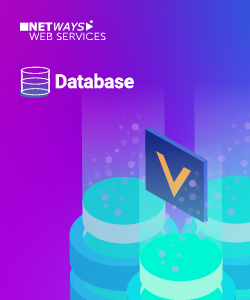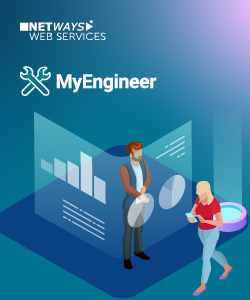- Kubernetes Custom Resources with Kubeless and Metacontroller by Michael Grüner | OSDC 2019
- Evolution of a Microservice-Infrastructure by Jan Martens | OSDC 2019
- 5 Steps to a DevOps Transformation by Dan Barker | OSDC 2019
- Fast log management for your infrastructure by Nicolas Frankel | OSDC 2019
- Storage Wars – Using Ceph since Firefly | OSDC 2019
- Tick Tock: What the heck is time-series data? by Tanay Pant | OSDC 2019
Nicolas Frankel is a Developer Advocate with 15+ years experience consulting for many different customers, in a wide range of contexts. “Fast log management for your infrastructure” was his topic at the Open Source Data Center Conference (OSDC) 2019 in Berlin. Those who missed the talk back then now have the opportunity to see the video of Nicolas’ presentation and read a summary (below).
The former OSDC will be held for the first time in 2020 under the new name stackconf. With the changes in modern IT in recent years, the focus of the conference has increasingly shifted from a mainly static infrastructure approach to a broader spectrum that includes agile methods, continuous integration, container, hybrid and cloud solutions. This development is taken into account by changing the name of the conference and opening the topic area for further innovations.
We are proud to announce that Nicolas Frankel is in our speaker lineup this year, too. We are looking forward to his talk: “Real Continuous Deployment of JVM applications”.
Due to concerns around the coronavirus (COVID-19), the decision was made to hold stackconf 2020 as an online conference. The online event will now take place June 16 – 18, 2020. Be there, live online! Save your ticket now at: stackconf.eu/ticket/
Fast log management for your infrastructure
“Fast log management for your infrastructure”, well that is one way to get OSDC visitors excited. Nicolas Frankel signed up with that one and he did not disappoint. The issues, he was tackling, were issues produced by optimization, that being said do you think about the logs when it comes to migrating your application to reactive micro services?
Before we get to all that, Nicolas had to take a little detour through programming logic and how logging works, and he also points out some misconceptions of how things are done and how they work. Like for example, his so called “[…] root of all evil”.
[bash]
LOGGER.debug(
"Cart price is now {}", cart.getPrice())
[/bash]
He states the question, who believes that in case of the log level being above debug the statements will be ignored? That’s what is to be expected, however it is not the case. In a small demo section he gives further insight on the topic from the perspective of a software developer.
From the developer point of view one should only do physical logging is the statement he ends his demo explanation run on. Directly afterwards he states that developers do not like to think that they are dealing with the physical world, then he goes further on about the respective storage possibilities like the write time regarding SSDs, HDDs or on an NFS, which should be taken into account.
Tackled some issues already, Nicolas keeps switching back and forth between the perspective of a software developer and an operator. He puts a lot of empathizes on these perspective changes to make sure that everyone involved starts to understand where the issue lies and if there is an issue at all.
For example the writing process and the opening and closing of streams for single log statements. It would be great if the stream could be continuously open and log statements can be written until the stream can be closed. But arguably and in most cases by default, logging is blocking. While most frameworks allow asynchronous logging, there is no right or wrong. And it also doesn’t have to be a software development mistake nor a bad infrastructure.
He dives deeper into asynchronous logging, because if you want to use it, you have to understand it: from queue size to discarding thresholds, the difference between blocking and dropping messages, everything. Nicolas also covers some logging basics, like metadata and what is especially important. Most essential metadata named timestamp, log level, line number and more. You may ask, why? Because some metadata is more expensive to get than others.
After some more detours through log aggregations and common pitfalls, with searching in logs or mandatory metadata, we get to a well-known application stack in the world of logging, the Elastic Stack.
He explains the basic architecture of the Elastic Stack and how the applications work with each other. Especially Filebeat and Logstash take the spotlight during this part. Step by step he works his way through an abstraction of the path a log takes from Filebeat to Logstash until you get a JSON you are familiar with. Then common misunderstandings like “Why do I need Logstash at all?” are being tackled by him, before he goes onto how he is doing logging at Exoscale.
They are using syslog-ng instead of Filebeat, basically just because when they started Filebeat was not ready for production. Then a regular Logstash and before we come to Elasticsearch there is a Kafka running. The reason why they are using Kafka is that Kafka being a decentralized data store, and using Logstash to get data out of it there is lower risk of dropping data instead of buffering towards elasticsearch, because there are not multiple nodes writing at once.
Nicolas summarizes his talk at the end with six short statements or maybe even lessons for log management. If you want, head over to the video above to learn about them from Nicolas himself or experience him live to learn from him.



















0 Comments